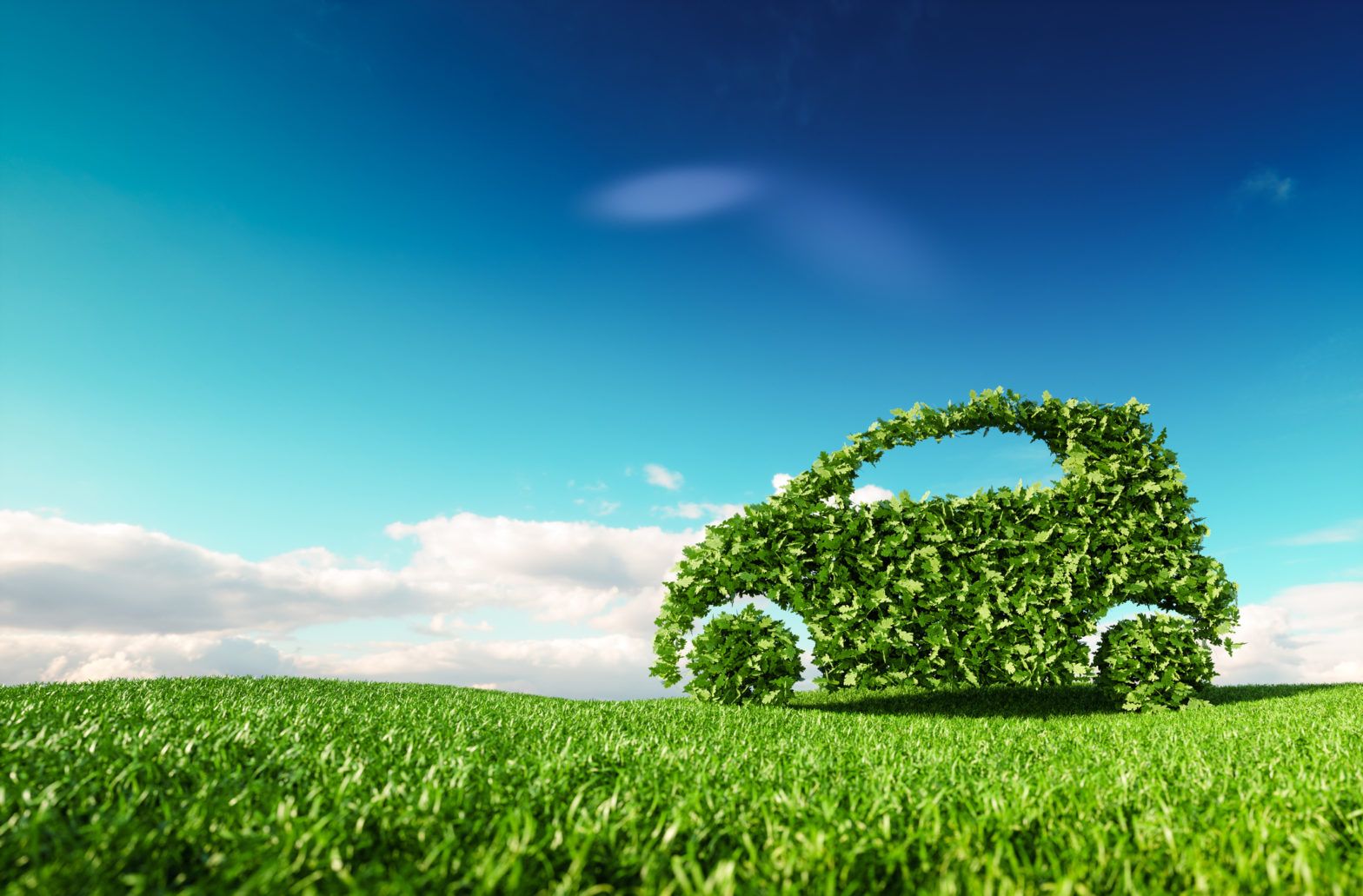Mercedes has signalled its intentions to invest billions in Europe into new plants in Germany and Hungary.
According to multiple news sources, the automotive giant has said it will build plants in Rastatt, Germany, and Kecskemet, Hungary.
Jörg Burzer, the automaker’s production chief, reportedly told German publisher Automobilwoche the firm would begin building the Rastatt plant this year. This will be where the first model on its new compact vehicle platform will be made, starting in 2024. The firm also plans to modernise its plants in the German cities of Sindelfingen and Bremen.
Trade journal Electrive reported Mercedes has already signalled it would spend €2bn in its European production sites. “Mercedes announced in July 2021 it would only introduce new electric platforms from 2025 – combustion models and hybrids will continue to be built on the current platforms,” it wrote. “But, there will only be new purely electric developments.”
At a crossroads
Interestingly, The Guardian wrote a story late last year on Mercedes’s plant in Rastatt, saying that 185,000 vehicles were produced there in 2021. It is, wrote the paper, one of eight factories the firm has in Germany and one of three in the state of Baden-Wurttemberg – all close to the firm’s home of Stuttgart.
There was a ‘but’ though, with the newspaper adding: “Mercedes and the country’s wider economy now stand at a crossroads. Vladimir Putin’s invasion of Ukraine has prompted a race to find new energy supplies amid sanctions and Russia’s throttling of gas pipelines – a crisis that has already forced Germany to extend the life of its three remaining nuclear power plants.”
The Guardian piece referred to the company’s move towards net zero, highlighting the neighbouring plant at Sindelfingen, about 40 kilometres away, as the vanguard of its installation of solar panels. “This is part of the company’s ‘thousand roofs’ programme, launched this year, which will see solar panels on factory roofs across Germany and beyond,” it said. “It recently announced plans to build a 100-megawatt windfarm on its test track at Papenburg, in northern Germany, which will cover more than 15% of the company’s annual electricity needs in Germany.”







